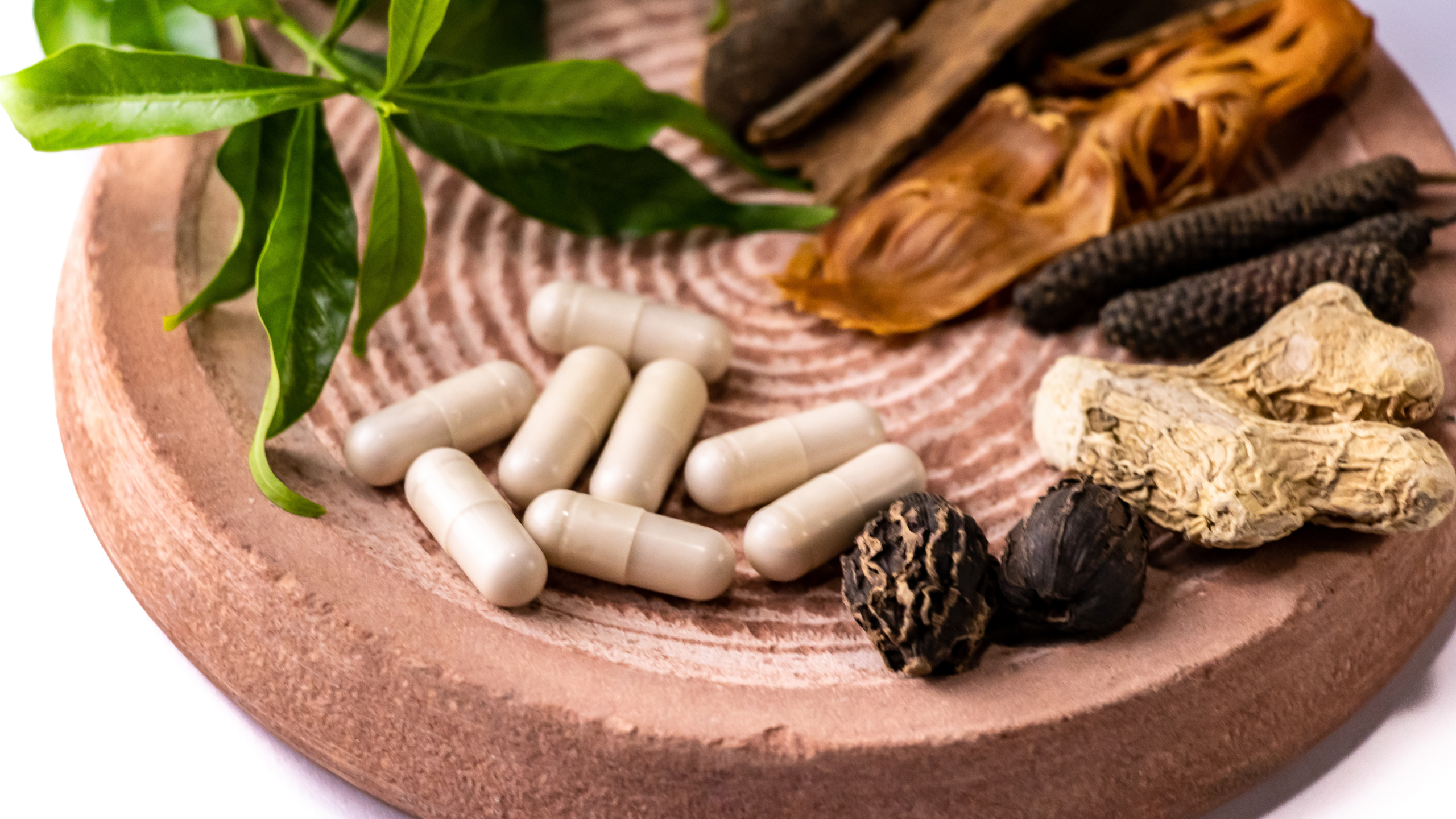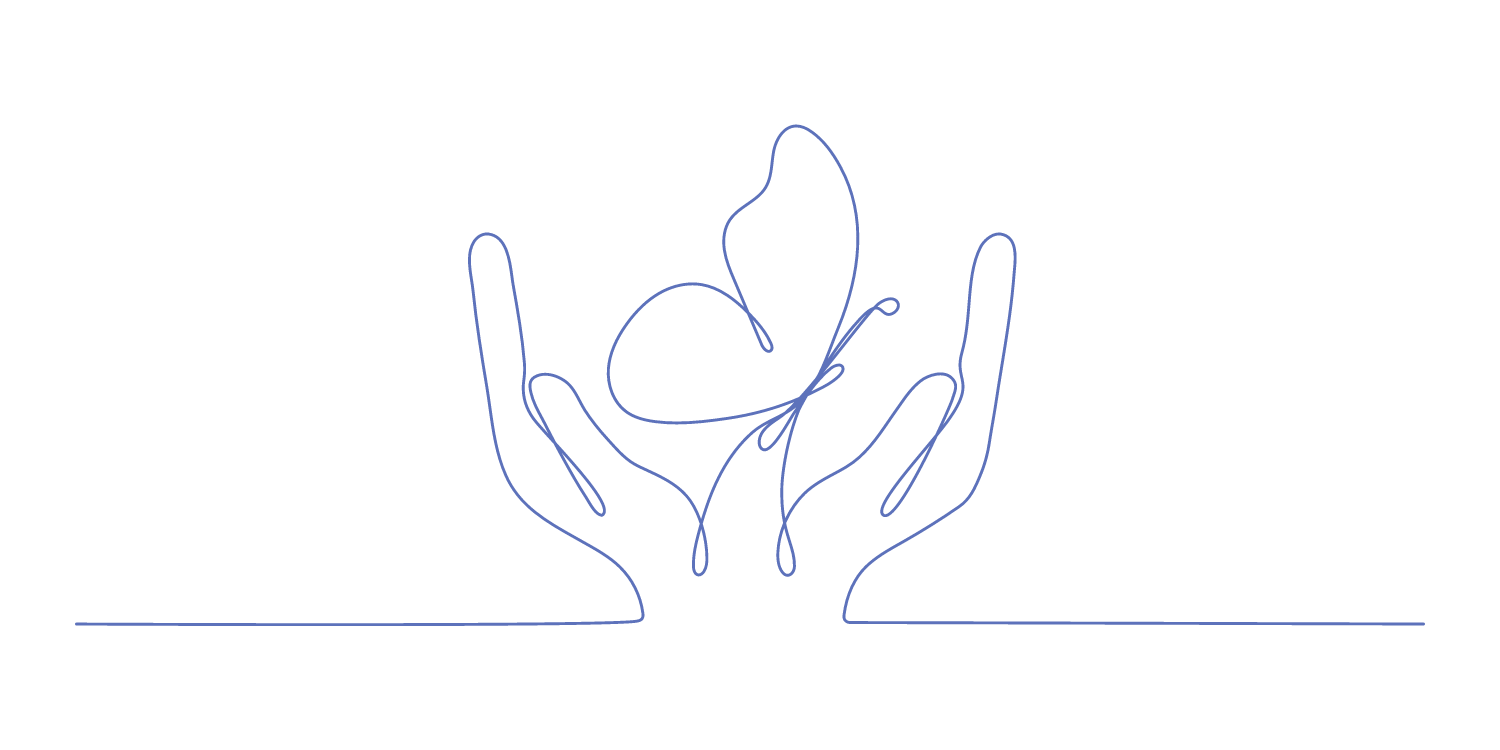HOMEOPATHIC MEDICINE is a 200-year-old system of therapeutics that incorporates “like cures Like”
form of natural healing. The underlying theory is that of potentization: diluting and agitating (shaking)
an ingredient to activate its properties. Homeopathic remedies are ethically prepared from plants,
animals or minerals then diluted to energetic forms. Homeopathy is a gentle and natural healing system
that works with the body to relieve symptoms, restore vitality, and improve overall health. It is a
federally recognized form of medicine regulated by the FDA. Homeopathic medicines are manufactured
in strict accordance with the Homeopathic Pharmacopoeia of the United States (HPUS) and
pharmaceutical Good Manufacturing Practices (GMP).

Homeopathic practitioner chooses a remedy (plant, animal or mineral) that supports, not suppresses symptoms. The “like cures like” Law states that a substance that can cause a “sickness” in a healthy
person can help restore health to a person suffering with a similar “sickness.”
Homeopathy recognizes Totality of Symptoms which recognizes that each person (no two people) even though they are diagnosed with the same illness will exhibit “sickness” in a unique and different way. Whereby, conventional medicine prescribes treatments based on a diagnosis. You are given a minimum dose to gently stimulate the body’s healing response.
Homeopathy is much less expensive than conventional medicine, costing on average $8-$15 for a bottle that contains multiple doses.

Classical versus Combination Homeopathy
Classical homeopathy is giving only one remedy at a time based on the principles of law of Similar, Minimum dose, and Totality of symptoms. Combination remedies are homeopathic products that combine several different homeopathic remedies. Each remedy is placed in a combination dosage to support the body as it heals t through certain conditions. These combination remedies are often used for simple acute conditions but the combination do not constitute the classical homeopathy.
According to the World Health Organization (WHO), homeopathy is the second largest medical system for primary health care in the world. It is prevalent and widely accepted in many parts of the world
including Europe, where over 100 million people use it on a regular basis. In America, during the early 1900s, the most prestigious medical schools in this country were homeopathic.
Treatment at Monarch generally begins with a consultation, where the patient describes their medical history. The patient describes the "modalities", or if their symptoms change depending on the weather and other external factors. Your practitioner also solicits information on mood, likes and dislikes, physical, mental and emotional states, life circumstances, and any physical or emotional illnesses. To
support your wellness plan, we could prescribe traditional and/or homeopathic remedies.

References
1. Evidence of clinical efficacy of homeopathy. A meta-analysis of clinical trials
PMID: 10853874DOI: 10.1007/s002280050716 Case Reporting in Homeopathy-An Overview of
Guidelines and Scientific Toos
2. Homeopathy. 2022 Feb; 111(1): 2–9.Published online 2021 Sep 14. doi: 10.1055/s-0041-
1731313 homeopathycenter.org/homeopathy-faqs/
3. Sayal, K., Prasad, V., Daley, D., Ford, T. & Coghill, D. ADHD in children and young people:
prevalence, care pathways, and service provision. Lancet Psychiatry 5, 175–186 (2018).
4. Homeopathy https://en.wikipedia.org/wiki/Homeopathy
* These statements have not been evaluated by the Food and Drug Administration. The product
mentioned in this article are not intended to diagnose, treat, cure, or prevent any disease. The
information in this article is not intended to replace any recommendations or relationship with your
physician. Please review references sited at end of article for scientific support of any claims made.

Franca Gardner
ANP-BC, DiHom

